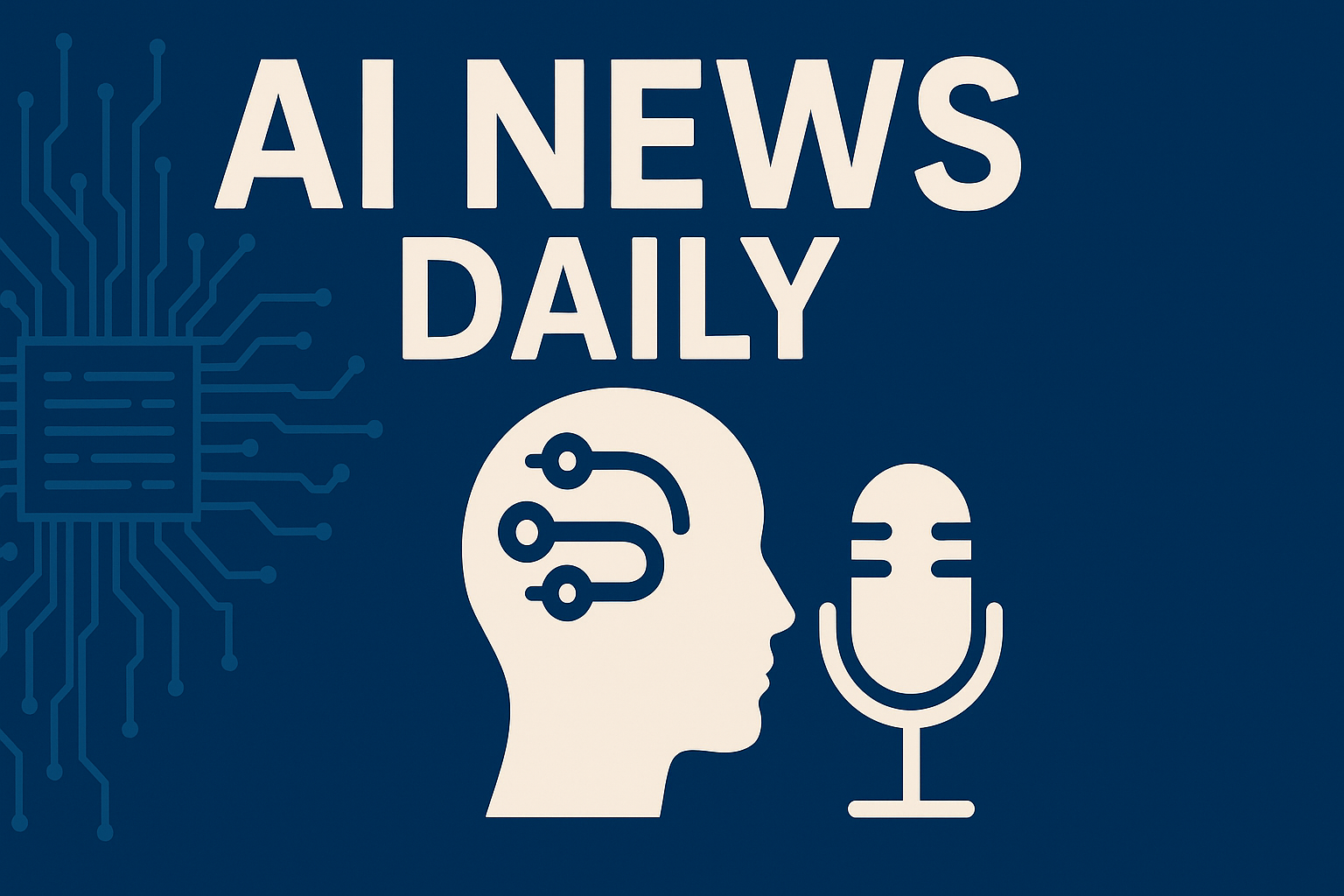Title: Global AI Race Accelerates: Major Growth, New Tools, and Rising Security, Privacy Concerns
Content:
The global artificial intelligence sector is undergoing rapid transformation as major platforms, tech giants, and new entrants unveil innovations, expand user bases, and grapple with escalating cybersecurity and privacy challenges.
OpenAI’s ChatGPT has surged to 700 million weekly users, quadrupling in a year and generating $13 billion in annual revenue—expected to surpass $20 billion by year’s end. The platform now handles over 3 billion messages daily, with explosive enterprise adoption and preparations underway for the launch of GPT-5. The upcoming model promises unified, faster, and more capable AI across flagship, mini, and nano versions, as previewed by CEO Sam Altman, who highlighted enhanced multimodal interactions and superior information synthesis. OpenAI has also attracted $8.3 billion in new funding and is piloting programs like free ChatGPT Plus access for Southeast Asia’s Shopee VIP members in partnership with Sea Limited.
To support user wellbeing, OpenAI is introducing features such as break reminders, enhanced responses to sensitive questions, and improved detection of mental distress, providing evidence-based resources and safer chatbot interactions. In response to privacy concerns, OpenAI has removed features allowing ChatGPT conversations to be indexed by search engines, reflecting a broader industry shift toward stricter AI privacy protections.
Meanwhile, competitors are ramping up efforts. Apple is working on a powerful “answer engine,” major Siri upgrades, and a generative AI app with deep search and digital assistant integration across Siri, Spotlight, and Safari. The company is hiring thousands as it seeks to rival ChatGPT, Google Gemini, and other platforms, with CEO Tim Cook touting AI as revolutionary for Apple’s future.
Google continues to expand Gemini’s capabilities, introducing the Deep Think model—a premium feature for Gemini Ultra subscribers at $250 per month—with advanced reasoning, parallel thinking, and improved problem-solving for tasks such as coding and scientific discovery. Deep Think is now available to select users, with plans for broader rollout via API. Gemini’s Android app will soon allow users to upload and analyze audio files for transcription and summarization, raising privacy and regulatory concerns around sensitive data.
The AI landscape is marked by fierce competition. Anthropic has restricted OpenAI’s access to its Claude models over rule violations while promoting Claude as a transparent, safety-focused alternative for enterprise customers. In parallel, Alibaba’s Amap is transforming mapping for a billion Chinese users with AI-driven, personalized navigation agents, and D-Wave has launched a quantum AI toolkit to integrate quantum computing with machine learning for next-gen applications.
AI’s rapid adoption is also driving unprecedented web traffic—AI-related sites now attract over 10 billion monthly visits, with a 50% increase in a year. This boom heightens global cybersecurity risks, as hackers and nation-backed groups supercharge cyberattacks using AI for automated phishing, reconnaissance, and sophisticated malware creation. Recent breaches, such as the Tea app exposing sensitive user data, illustrate the dangers as AI-driven development outpaces traditional cybersecurity measures. Amid rising threats, Palo Alto Networks has acquired CyberArk in a $25 billion deal to bolster identity security.
Flawed or unreliable data continues to undermine confidence in AI-powered cybersecurity, as revealed by Axonius: security leaders report readiness but lack trust in data quality, slowing critical patching. Additionally, new universal deepfake detectors achieving up to 99% accuracy are being deployed to fight AI-induced video misinformation.
In the software sector, 80% of developers now use AI tools like GitHub Copilot, though growing mistrust in AI-generated code quality prompts calls for better oversight. The AI-powered software testing market is projected to grow nearly sixfold by 2035, boosting delivery speed in industries like finance and healthcare.
Regulators and industry players are responding: US court rulings have affirmed that AI training on copyrighted works can qualify as fair use, setting a legal precedent, though questions on market impact persist. Hugging Face, Mozilla, and the Linux Foundation have published an EU AI Act compliance guide for ethical open-source development.
AI is also reshaping education and healthcare. Pearson and HCLTech have partnered on AI-driven workforce training to close skills gaps globally. Researchers at University of Florida Health and 3Billion are leveraging AI to cut leukemia diagnosis times to days and bring advanced genetic analysis to Moroccan hospitals, aiming to revolutionize patient outcomes. AI tools continue to help clinicians diagnose rare diseases faster, transforming healthcare delivery.
As partnerships between tech giants and the military deepen, with Google and Meta providing AI and analytics solutions, debates around ethics, surveillance, and technology’s role in warfare are intensifying. In publishing, the proliferation of AI-generated research text is prompting calls for stricter ethical guidelines and improved monitoring.
Amidst transformative potential—from quantum computing integration and real-time smart device AI chips to next-gen cybersecurity and advanced digital services—the global AI race is defined as much by innovation as by pressing challenges of privacy, ethics, and security, with industry, regulators, and users striving to keep pace.
